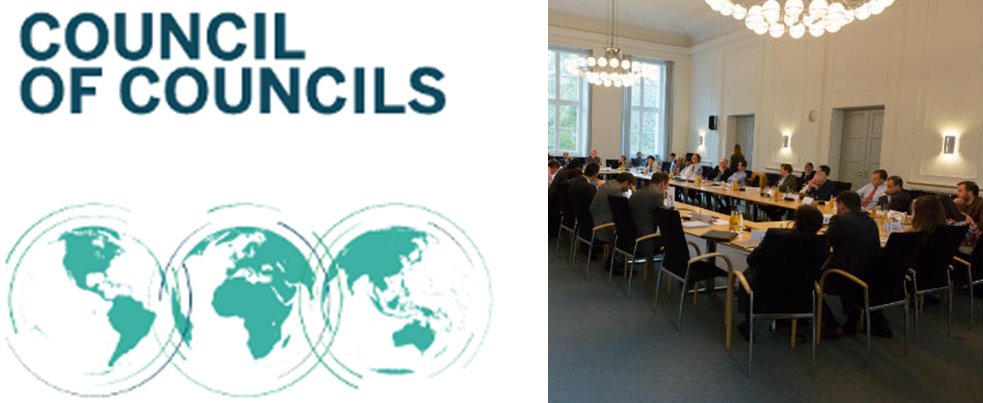European and Japanese Soft Power Signal Renewed Influence of G7

The G7 summit in Hiroshima showcased a new international order in the making: in a world where security is indivisible, the priority should be to uphold a collectively shaped rules-based order and find a modus vivendi with China. The G7 can work toward this by taking into account the diverse perspectives of industrialized countries and the Global South, which prioritizes multi-alignment and autonomy. Japan and Europe played a critical role in this process.
Japan’s diplomatic success was evident. Selecting Hiroshima as the venue for the summit was a powerful statement advocating for a world without nuclear weapons. It provided ample opportunities for symbolic gestures aimed at pressuring Russia and denouncing the use or potential use of nuclear weapons. Japan demonstrated its convening power by inviting influential leaders of the Global South, and representatives of regional organizations such as the Comorian President Azali Assoumani, current chair the African Union, and Cook Island Prime Minister Mark Brown, current chair of the Pacific Islands Summit. Japanese Prime Minister Fumio Kishida’s recent trips to Africa, India, and South Korea also reflect this inclusive approach. Simultaneously, as the sole G7 representative of Asia, Japan also managed to put China front and center in the discussions and in the final communiqué. Strong language emphasized Taiwan’s importance to international security and prosperity and urged China to refrain from “interference activities.” Despite the Japanese government’s preference for early event planning, they effectively handled the last-minute surprise visit by Ukrainian President Volodymyr Zelenskyy and successfully organized the Quad summit after President Biden’s travel plans changed. Finally, the security arrangements were robust, ensuring the safety of the attending leaders, especially noteworthy after the recent attacks on Japanese prime ministers.
Europeans contributed to shaping the international narrative on Ukraine. They facilitated contact between Zelenskyy—who traveled in a French government airplane—and Global South leaders still reluctant to condemn and sanction Russia. Europe’s balanced triptych approach to China, which acknowledges China as a partner, competitor, and systemic rival while advocating to de-risk rather than completely decouple, served as a guiding principle. Japan’s own three-pillar approach to China, encompassing conditional cooperation, counterweight, and deterrence, has many similarities with the European stance. Tokyo actively collaborated with European partners to influence Washington toward achieving convergence and adopting a less confrontational approach toward Beijing.
The inclusive nature of this G7 summit, its outreach to the Global South, and concerted efforts to address pressing global challenges highlighted the renewed significance and influence of this gathering.
>> Find the original article and the series of briefs on the Hiroshima G7 Summit on the Council on Foreign Relations website

Available in:
Regions and themes
Share
Related centers and programs
Discover our other research centers and programsFind out more
Discover all our analyses
RAMSES 2024. A World to Be Remade
For its 42nd edition, RAMSES 2024 identifies three major challenges for 2024.
France and the Philippines should anchor their maritime partnership
With shared interests in promoting international law and sustainable development, France and the Philippines should strengthen their maritime cooperation in the Indo-Pacific. Through bilateral agreements, expanded joint exercises and the exchange of best practices, both nations can enhance maritime domain awareness, counter security threats and develop blue economy initiatives. This deeper collaboration would reinforce stability and environmental stewardship across the region.

The China-led AIIB, a geopolitical tool?
The establishment of the Asian Infrastructure Investment Bank (AIIB) in 2016, on a Chinese initiative, constituted an attempt to bridge the gap in infrastructure financing in Asia. However, it was also perceived in the West as a potential vehicle for China’s geostrategic agendas, fueling the suspicion that the institution might compete rather than align with existing multilateral development banks (MDBs) and impose its own standards.
Jammu and Kashmir in the Aftermath of August 2019
The abrogation of Article 370, which granted special status to the state of Jammu and Kashmir (J&K), has been on the agenda of the Bharatiya Janata Party (BJP) for many decades.







